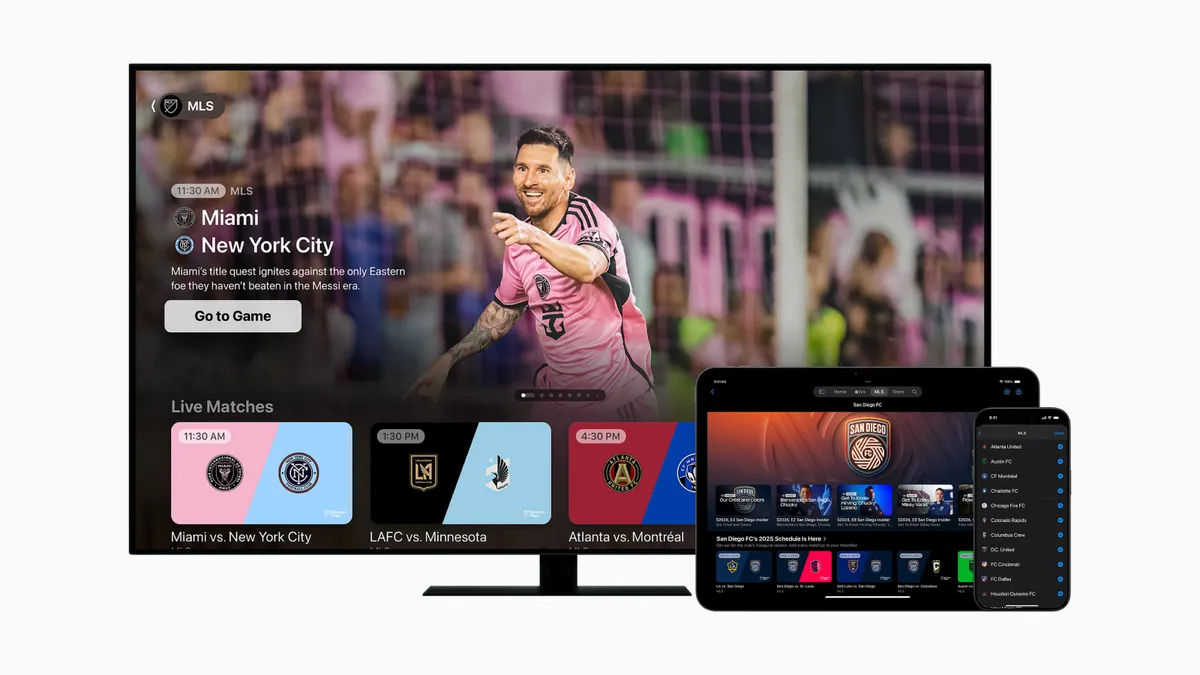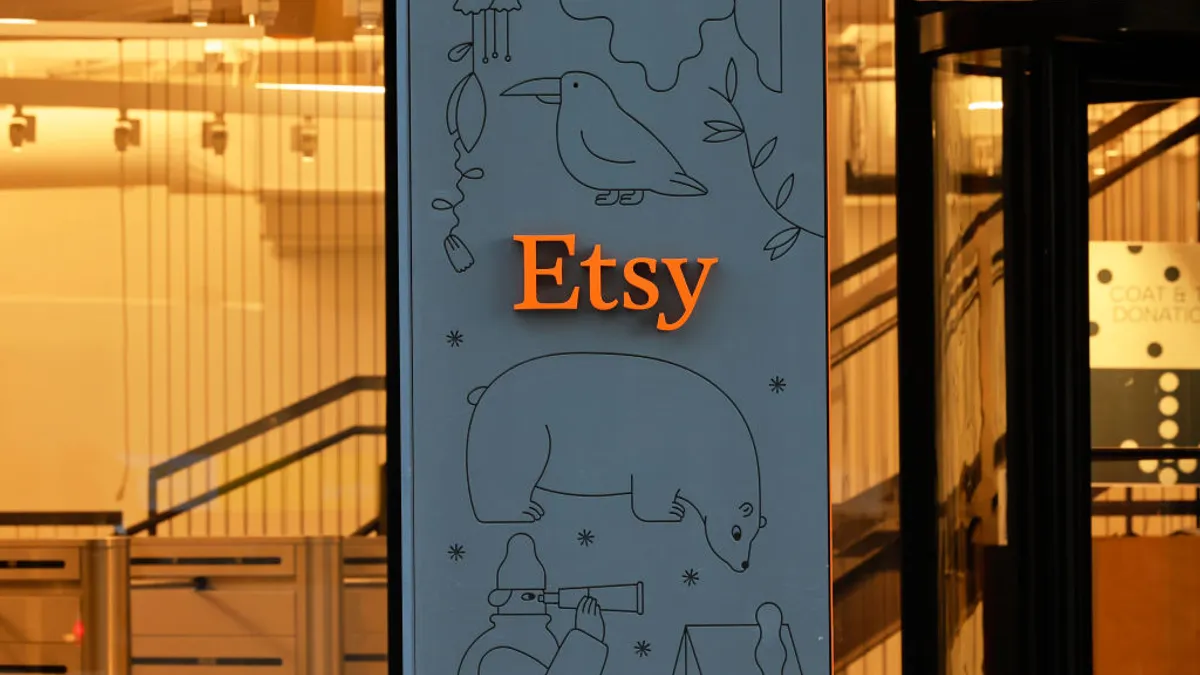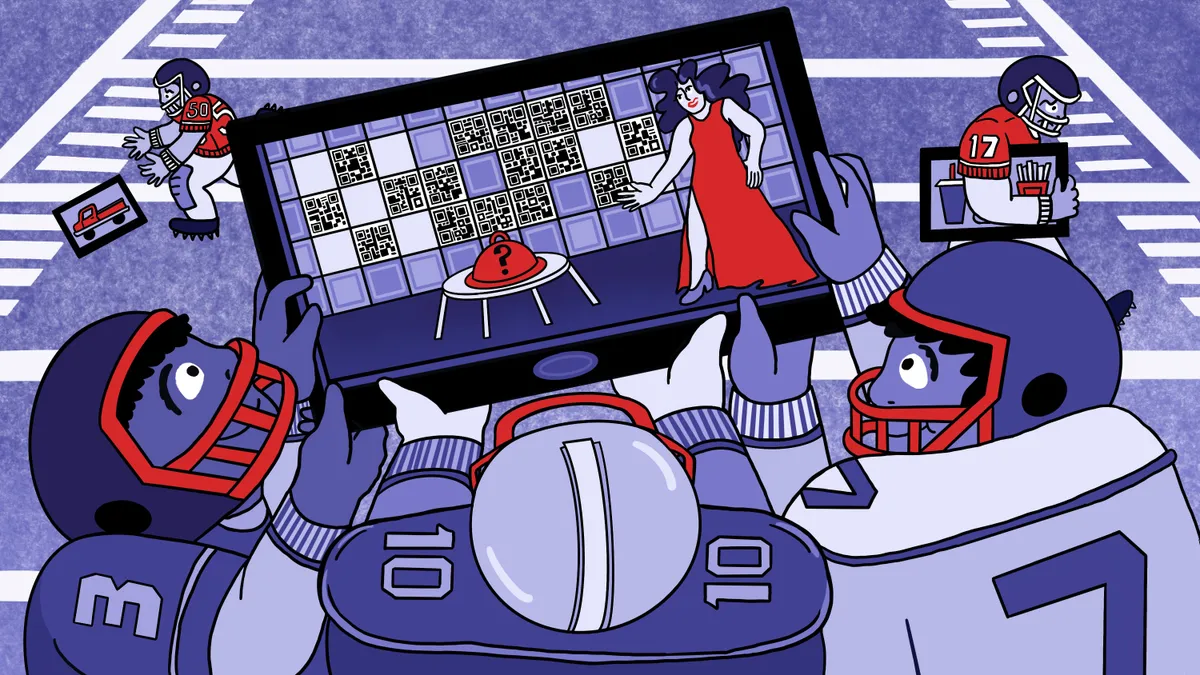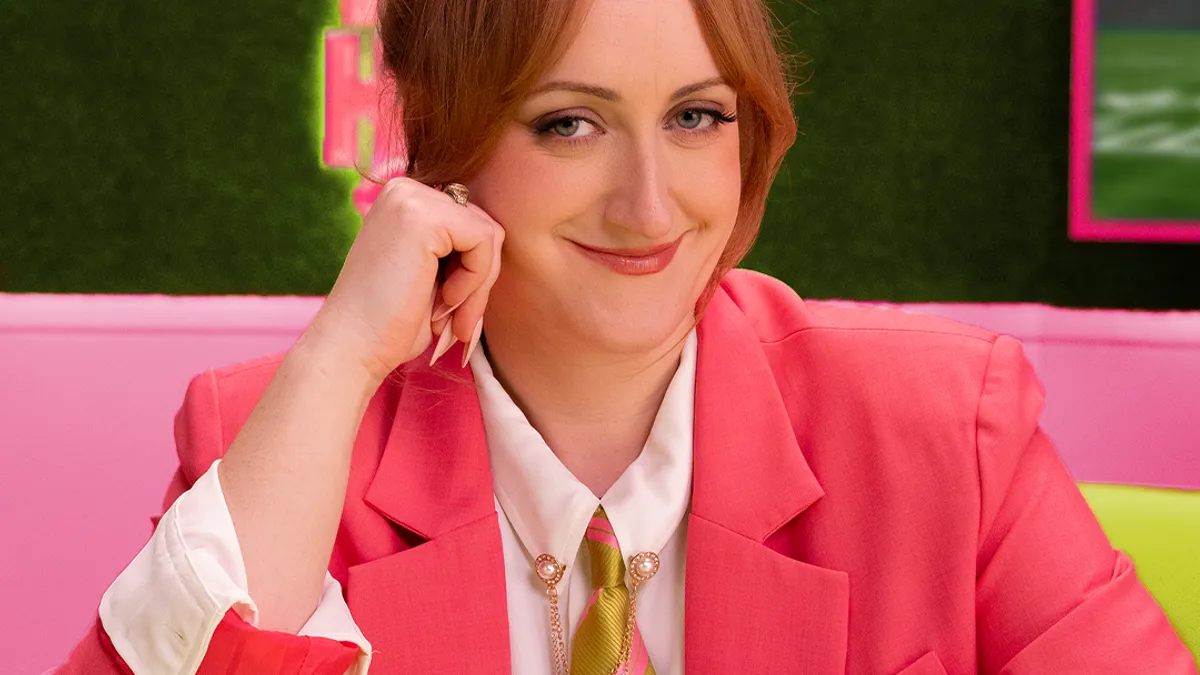The latest and what might be the most significant disruption to the traditional marketing ecosystem is the growing presence of global management consultancies such as Accenture and Deloitte, which are snapping up work that has, in the past, been strictly agency territory.
More than 60% of marketers are now open to handing over their business to consultants, per a new report from Forrester Research, which noted only about half were happy with their agency partners. The growing appeal of consultancies comes at a time where the traditional agency-client relationship is in a state of transition, with the current operating model underserving both parties.
To fill that gap, some older shops like Ogilvy are restructuring their entire business approach in order to build a more client-centric model; more and more brands are also taking marketing operations in-house as agencies prove to lack finesse with digital and social marketing duties, in particular — a move which can cut costs but also lead to a lack of perspective.
Not everyone sees the consultancy encroachment as a threat, however. IPG CEO Michael Roth stated the situation is overhyped by the media and that the shift signals an opportunity for more complementary functions, not competitive ones. Experts generally agree with Roth's assertion but suggested that balance might change, cautioning that industry labels — agencies or consultancies — matter less than providing the right fit for a brand.
"It's not necessarily brand vs. consultancy or in-house vs. external partner — it's about what works," said Beth Haiken, EVP of Method Communications. "What strategy gets you to the consumer who's constantly bombarded by irrelevant information and ultimately achieves your business goals?"
Marketing Dive's analysis of the growing role for consultancies in marketing is the third in a series of features about the shifting agency landscape. The first addressed how traditional agencies are attempting to meet the new environment while the second considered the ways that brands are increasingly taking some marketing work in-house that were previously handled by agencies.
Fundamental differences
Agencies are ultimately led by creative input and consultancies are driven by more rigid problem-solving, according to Michael Farmer, president of Farmer & Company and author of the book "Madison Avenue Manslaughter."
"The two businesses — agency and consultancy — could not be more different," he said.
Traditional agencies have a structure and culture that is "creative-led," as defined by Farmer. He illustrated an office staffed with 50 creatives, 40 client service people, 10 strategic planners and 35 production people with strategic planners doing market and customer research, with the actual creative output drawing out the most value for the client.
"Agencies have a belief, fostered over six decades, that the provision of creativity is what their clients need," Farmer said. He suggested agencies left the digital and social media age behind by choice around 10 years ago.
"Consulting firms, by contrast, carefully study, analyze and diagnose problems before engaging in any implementation activities," he continued. "In their view, 'creativity' is a carefully-defined solution to a thoughtfully-defined problem."
While day-to-day logistics and creative work might be better suited to agencies, larger-scale identification and development of a solution for marketing problems — figuring out brand growth, for example — might ultimately be a task better handled by consultancies.
"It's always challenging to find the right partner — the one who truly 'gets' your business, goals, and culture, and can integrate seamlessly with your internal team," Haiken said. "Beyond that, there's the 'all eggs in one basket' danger."
No signs of slowing
Marketers should understand that hiring a consulting firm will be more extensive than implementing traditional agency relationships, according to Farmer. Companies taking the plunge need to allocate time and resources toward tangibly defining the problem that needs to be solved instead of the creative work next up on deck, and also expect to pay higher rates.
Given those upfront issues, brands that are "in trouble," such as mired in stagnant growth, should go with consultancies to find performance-enhancing solutions for marketing and creative programs, per Farmer. But, for companies that really just need an ongoing program of creative deliverables, a traditional agency's value in carrying out a maintenance program of ad creation and execution makes more sense.
The balance might continue to shift in the future, as more major traditional agencies invest in and acquire shops with specialty functions. Publicis is reportedly expanding a pilot program with Microsoft to move deeper into data services, and IPG is similarly investing "tens of millions" into building out a more robust data infrastructure. On the reverse side of the equation, more consultancies are also buying up agency shops to broaden expertise, as exemplified in Accenture's recent acquisition of Karmarama.
Stemming from that, experts said there's no real reason that consultancies will back off on the growing opportunity to meet brands' needs, especially as agencies are continually scrutinized for being overly complex and non-transparent.
"As long as they see opportunity, consultancies will continue to try to expand their reach into marketing," Haiken said. "Whether they can match the creativity that traditional agencies have considered their secret sauce is another question."



















